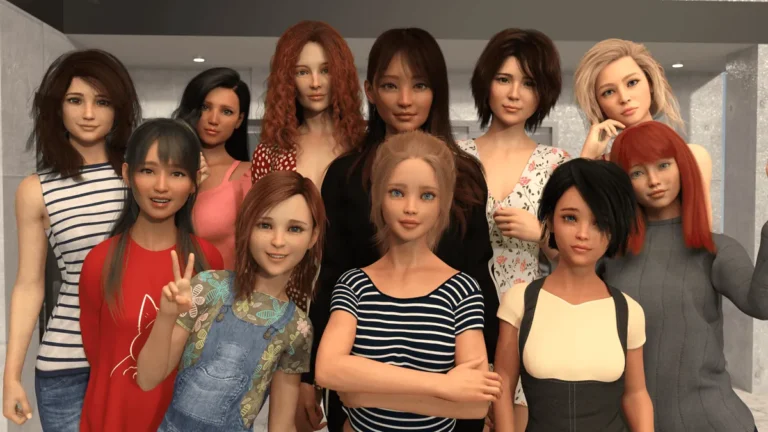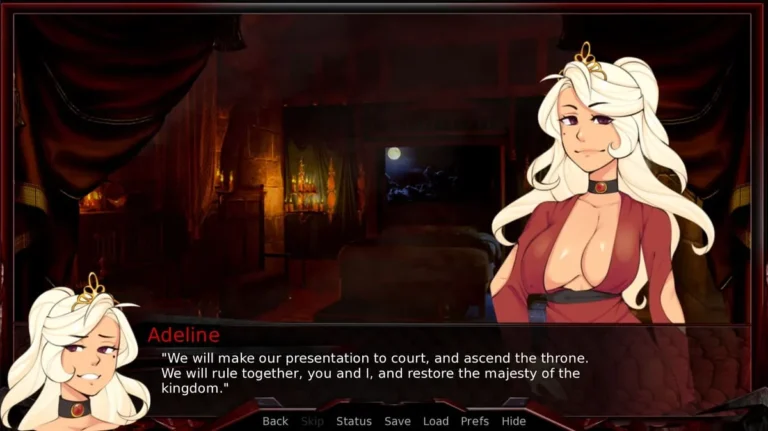
Lust Odyssey
Developer: Xperiment
Browse our collection of adult games tagged with "Incest Porn Games Mother, Sister, Daughter".

Developer: Xperiment

Developer: Mr. ZZ

Developer: RoyalCandy

Developer: Abere Lucifer

Developer: Boring Games

Developer: BangCityDev

Developer: CigarRex

Developer: F.Lord

Developer: Night Mirror

Developer: Hydrahenker

Developer: Winterlook

Developer: Pirot King

Developer: xxerikxx

Developer: Saddoggames

Developer: Luxee

Developer: Mirgosoft Games

Developer: Ocean

Developer: HRelease

Developer: LewdAnnieMay -

Developer: RoyalCandy

Developer: recreation

Developer: Mr.Mister

Developer: Yuno Gasai

Developer: Aleksey90

Developer: Vicxlose

Developer: Bean Toast

Developer: Winterlook

Developer: Perverteer

Developer: Jonesy

Developer: psychodelusional


Developer: Leocid2

Developer: Oceanlab

Developer: Dante

Developer: Ptolemy Games

Developer: SLim Games

Developer: Stiglet

Developer: 395games

Developer: Lockheart

Developer: Polyrotix

Developer: Eva Kiss

Developer: Kompas Productions

Developer: Helheim

Developer: Killer7

Developer: MoolahMilk

Developer: JamLiz

Developer: Lewdlab

Developer: ICCreations

Developer: BlackHole

Developer: Belle

Developer: MorriganRae

Developer: 4MinuteWarning


Developer: Lunardis

Developer: Meorless

Developer: Frozen Synapse

Developer: Wizard's Kiss

Developer: Mr Dots Games

Developer: MrDracosaurus
Family relationships are complex and multifaceted, especially between mothers, sisters, and daughters. These bonds are shaped by shared experiences, cultural norms, and personal interactions. In this article, we’ll delve into the intricacies of these relationships and explore how they evolve over time.
Have you ever stopped to think about how the stories and games we consume shape our deepest beliefs about family? 🤔 I remember a conversation with my cousin where she mentioned a popular video game that casually included romantic storylines between family members. It made us both pause and reflect on how media narratives can subtly influence our understanding of real-life relationships. This brings us to a complex topic within digital entertainment: interactive media that explores taboo family themes, particularly those involving mothers, sisters, and daughters. While these games are fictional, they tap into powerful family dynamics that deserve a closer, more sensitive look. Let’s dive into what this means for us as consumers and as members of families ourselves.
In the vast world of online games and adult content, there exists a niche category that centers on fictional scenarios involving family members. These are often story-driven experiences where players make choices that affect relationships between characters like mothers, sisters, and daughters. 🎮 From my perspective, it’s crucial to understand that these games are works of fiction, but they deliberately play with taboo themes to create drama or engagement. I once read a case study about a young adult who admitted that playing such a game made her question her own sibling bonds—not in a harmful way, but by highlighting how easily media can blur lines between fantasy and reality.
When we talk about family dynamics in this context, it’s about how these games exaggerate or distort the natural bonds we share. For instance, they might portray rivalry or affection in ways that real families rarely experience. Here’s a simple breakdown of common elements:
| Element | How It Relates to Family Dynamics |
|---|---|
| Storyline Choices | Players decide how characters interact, often amplifying conflicts or connections that mirror real-life family issues. |
| Character Roles | Mothers, sisters, and daughters are given roles that challenge traditional family structures, inviting players to explore “what if” scenarios. |
| Emotional Engagement | These games hook players by tapping into universal feelings about family loyalty, love, and tension. |
As you navigate this topic, remember that awareness is key. If you encounter such content, ask yourself: How does this reflect or distort the family dynamics I know? 💡 This isn’t about judgment—it’s about fostering critical thinking to protect the integrity of our real relationships.
The media impact on our perceptions of family can’t be overstated. When fictional content repeatedly normalizes taboo relationships, it can subtly shift how we view our own family roles. 📺 For example, I recall a friend who grew up watching dramas with complex family entanglements; she told me it sometimes made her overanalyze simple disagreements with her sister, imagining dramas that weren’t there. This is a classic case of media influence seeping into everyday life, where the lines between entertainment and reality blur.
Studies and anecdotes show that consistent exposure to such themes can lead to:
– Desensitization to boundary issues within families
– Confusion about healthy relationship norms
– Increased curiosity or anxiety about one’s own family dynamics
Practical Tip: If you notice media affecting your views, take a step back. Discuss it with trusted family members to ground yourself in real-life experiences. 🗣️
Let’s consider how this plays out in broader society. The media impact isn’t just individual; it shapes cultural conversations about what’s acceptable. In some cases, it can reinforce stereotypes or create misunderstandings about the complexity of family dynamics. For instance, when games portray mothers and daughters in constant conflict, it might lead viewers to expect drama in their own relationships, rather than nurturing the supportive bonds that often exist. By recognizing this, we can choose media that uplifts rather than undermines our connections.
When we delve into the ethics of media that explores sensitive family themes, it’s essential to balance creative freedom with social responsibility. 🤝 From my viewpoint, the core issue isn’t the existence of such content, but how it’s consumed and its potential media impact on vulnerable audiences. I once counseled a teenager who felt guilty for being curious about a game with taboo elements; we talked about how ethics involve considering who might be harmed by normalized fictional scenarios.
Ethical consumption starts with asking tough questions:
– Does this content trivialize or exploit real family trauma?
– How might it affect someone struggling with their own family dynamics?
– What messages does it send about consent and boundaries?
Here’s a quick guide to ethical engagement:
| Action | Why It Matters |
|---|---|
| Reflect on Intent | Ask why you’re engaging with this media—is it for storytelling, or does it risk normalizing harmful behaviors? |
| Seek Diverse Perspectives | Talk to others about how they interpret these themes to broaden your understanding of **family dynamics**. |
| Support Responsible Media | Choose content that handles sensitive topics with care, rather than sensationalism. |
In my opinion, the biggest takeaway is that we all play a role in shaping media impact. By fostering open dialogues and prioritizing empathy, we can enjoy creative works without compromising the health of our real-life relationships. Remember, the goal is to strengthen those bonds, not weaken them through uncritical consumption. 💖
In conclusion, understanding and nurturing family relationships is crucial for building strong, supportive networks. By exploring the complexities of these bonds and implementing strategies for improvement, individuals can foster healthier and more meaningful connections with their loved ones.
Have a favorite adult game that's not in our collection? Let us know and we might feature it!
Contact Us